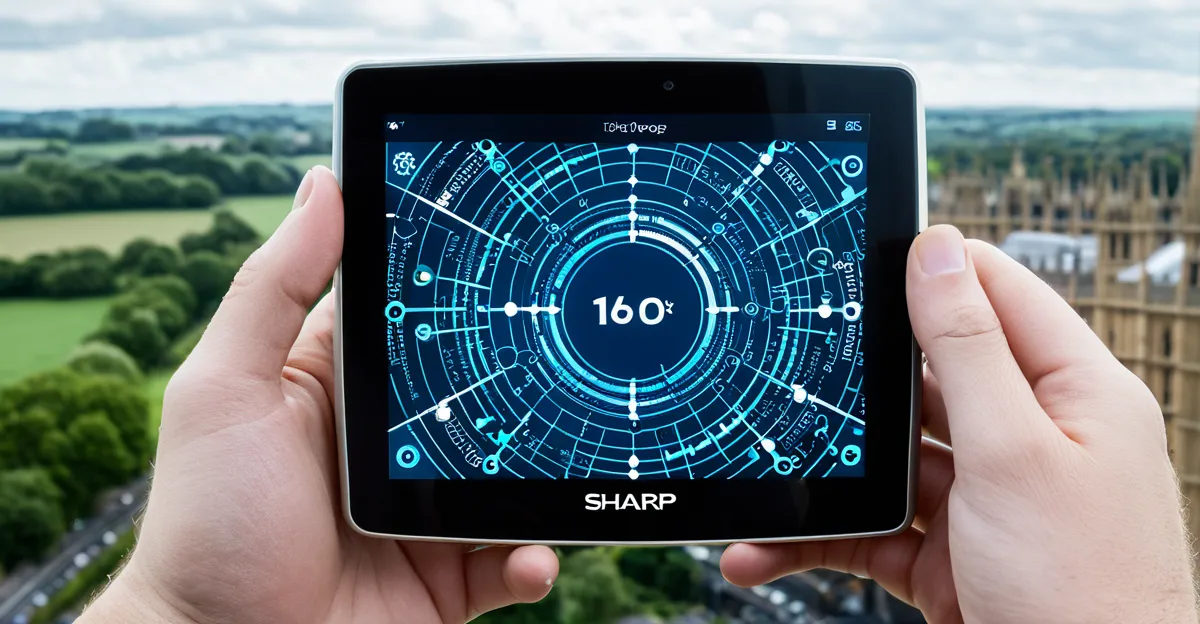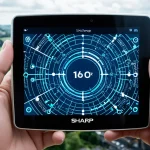The Role of IoT in Modernising UK Infrastructure
Understanding the impact of Internet of Things UK initiatives is crucial as the country embraces digital transformation across critical sectors. The UK’s IoT transformation journey involves integrating connected devices into existing systems, creating a more responsive and efficient digital infrastructure UK. This integration means smart sensors, real-time data, and automation increasingly support public services, utilities, and transportation.
Government strategies play a pivotal role, with targeted investments and national frameworks encouraging IoT adoption. For example, initiatives focus on enhancing communication networks, enabling seamless data exchange between devices. The evolving landscape requires updating legacy infrastructure to support IoT deployment while maintaining system reliability.
Also to see : How Could Emerging UK Tech Transform Future Industries?
The benefit of this transformation includes improved operational efficiency and enhanced service quality. By connecting diverse infrastructure components, decision-makers gain insights to optimise maintenance schedules, reduce downtime, and enable proactive problem-solving. As such, the Internet of Things UK is not just technological hype but a practical approach reshaping how infrastructure functions and serves communities nationwide.
IoT Applications in Transport and Mobility
The integration of IoT transport UK solutions is revolutionising how public and private transportation systems operate. By embedding sensors and connectivity in vehicles and infrastructure, connected transport enables real-time monitoring and improvements in efficiency and safety. For example, smart transport solutions help optimise traffic flow, reducing congestion and travel time.
Also to see : How Does Technology Impact the UK Economy?
How is IoT enhancing user experience in UK transportation? Through data collected by IoT devices, transport operators can provide updated schedules, adaptive routing, and maintenance alerts, improving reliability and convenience for commuters. Smart traffic management systems adjust signals based on traffic volumes detected by IoT sensors, preventing gridlocks.
Case studies involving connected vehicles illustrate the impact on road safety too. Enhanced communication between vehicles and infrastructure supports collision avoidance systems and emergency response coordination. Additionally, logistics benefit from IoT by tracking goods in transit, ensuring timely deliveries and optimising routes.
Collectively, these IoT transport UK applications contribute to a more responsive and sustainable transportation ecosystem, addressing urban mobility challenges while elevating public service quality.
Enhancing Utilities and Energy Management through IoT
The IoT energy UK revolution is transforming how electricity, gas, and water networks operate, driving efficiency and sustainability. By embedding sensors and smart meters, smart utilities gain real-time insights into consumption patterns and infrastructure performance. This enables utilities to detect faults faster and reduce wastage, saving costs and improving reliability.
A key innovation is the development of the energy infrastructure IoT through smart grid technology. Unlike traditional grids, smart grids use IoT-enabled communication to balance supply and demand dynamically, integrating renewable energy sources more effectively. For example, real-time data helps adjust energy flows, reducing blackouts and supporting environmental targets.
Monitoring and optimisation are central to these benefits. Utilities can now predict maintenance needs, avoiding unexpected breakdowns. Consumers benefit from detailed usage data, empowering them to manage consumption and reduce bills. The ongoing IoT transformation in UK utilities represents a significant step toward greener, more resilient infrastructure, aligning with national sustainability goals while enhancing service quality for citizens.
Building Smart Cities across the UK
Transforming urban spaces into smart cities UK relies heavily on deploying IoT city infrastructure that enhances daily life. IoT devices, such as intelligent street lighting, smart waste bins, and air quality sensors, enable real-time monitoring and management. For instance, smart lighting adjusts brightness based on pedestrian presence, conserving energy and improving safety. Waste management IoT solutions signal bins needing collection, optimising routes and reducing costs.
Urban IoT projects focus on data integration to improve sustainability and resident wellbeing. By collecting and analysing information on traffic, pollution, and energy use, city managers can make informed decisions that reduce environmental impact and increase efficiency. These projects also promote public engagement by providing transparent access to city performance metrics.
The benefits are multifaceted: enhanced safety through connected surveillance, lowered emissions from optimised resource use, and improved responsiveness to community needs. Importantly, successful smart cities UK initiatives depend on seamless integration of various IoT components within existing urban frameworks, ensuring interoperability while driving the UK’s urban spaces toward a digitally empowered future.










